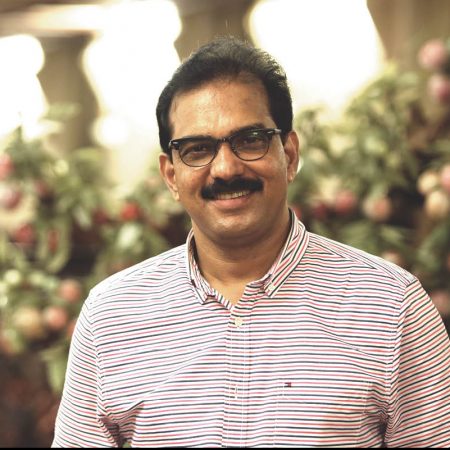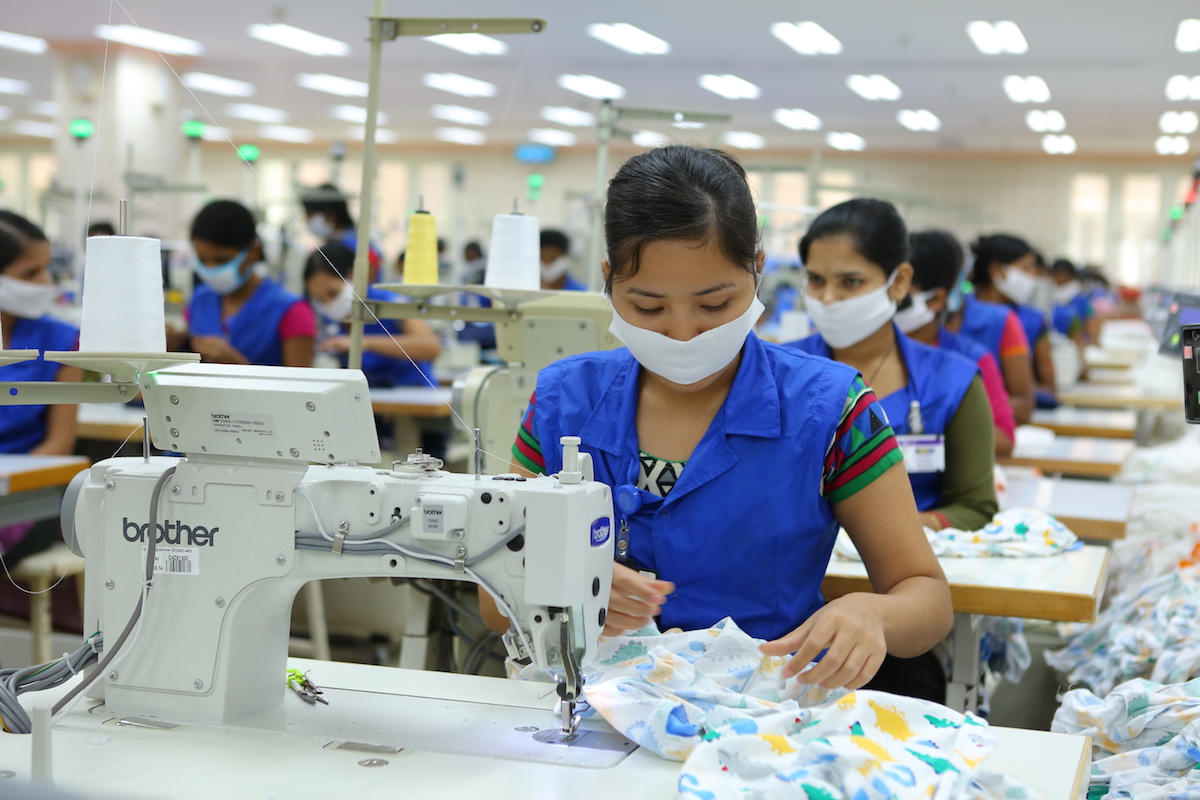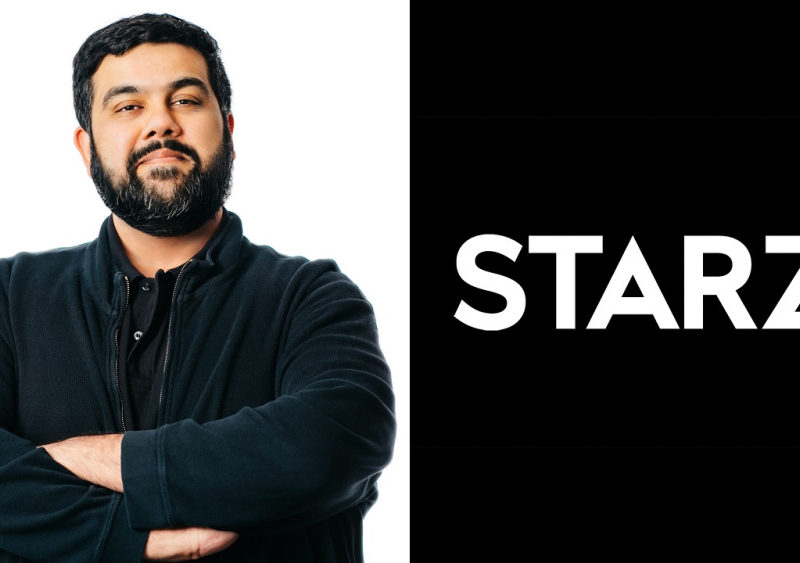
Cleaner to CEO: Sabu M. Jacob, CEO & Chairman & MD of Kitex Garments
Cleaner to CEO: Sabu M. Jacob, CEO & Chairman & MD of Kitex Garments https://csuiteold.c-suitenetwork.com/wp-content/uploads/2017/12/cleaner-to-ceo-sabu-m-jacob-ceo-chairman-md-of-kitex-garments.jpg 450 450 C-Suite Network https://csuiteold.c-suitenetwork.com/wp-content/uploads/2017/12/cleaner-to-ceo-sabu-m-jacob-ceo-chairman-md-of-kitex-garments.jpg
Sabu Jacob hasn’t forgotten his earliest job as a cleaner as he helms a clothing industry giant.
Sabu Jacob, CEO and Managing Director of Kitex Garments, is today the head of the second-largest manufacturer of infants’ clothes in the world, but his first foray into the workforce was in a much humbler role. “My career started when I was 13 and my father took me to clean the workers’ toilets in our aluminium factory,” he recalls. “I worked there for almost 14 months. Then he promoted me to sweeping the floor of the factory.”
Sabu’s father, industrialist MC Jacob, later elevated him to other roles during the company’s construction of factories, and the young Sabu spent a couple of years mixing concrete and plastering, then installing and commissioning machines. He then gained responsibility for one weaving machine and worked his way up to overseeing eight.
After a detour to the shipping department, he returned to the loom as an assistant weaving master, then as weaving master, and finally as director.
Armed with this experience, Sabu struck out and started his own company, Kitex Garments, in 1992. Working at different stations throughout his father’s companies gave him firsthand experience of the manufacturing process, and it showed him the importance of comfortable working conditions. “I saw the problems and pain in every job,” says Sabu.
When he set up his own factory, which provides accommodation and meals for its employees, Sabu’s appreciation of these pain points was front of mind. “I was very concerned about the workers and their welfare. That’s why I made it a centrally air-conditioned factory. I placed a lot of importance on getting everything right – their dormitories, their kitchen, their food.”

Sabu says other industry players initially thought the expenditure on workers’ living quarters was pointless. “People said it was big foolish,” Sabu recalls. “But now the situation has changed and all my competitors are copying us. They are constructing hostels, adding more facilities. It’s become necessary.”
The initial investment in workers’ conditions has paid off in a number of different ways. “A lot of our competitors are facing very big problems, whereas my workers are very stable and want to work as much as possible.
“My competitors are facing workforce shortages, while my factory is in a very comfortable position and more and more people want to stick around. It has all changed now: unless you offer a good dormitory and good food, people will not stick with your factory.
“My efficiency is around 30% more than the global efficiency in this sector. That is because my people are getting full rest, getting very good, healthy food. The next day, they come back to work with full energy, they’re fresh, and they can concentrate on their work.”
Sabu completed an economics degree at the University of Kerala, but found that on-the-job learning was more formative. “More than my studies at college, I got a better education from my father,” he says.
More than my studies at college, I got a better education from my father.
“I got practical experience; I learned the reality of life. That was exactly what he wanted me to learn. That’s why he put me through the very worst job and slowly let me progress into different areas. Basically, he made me a human being.”
Before opening his factory, Sabu says, he put extensive efforts into developing a deep knowledge of garment production. “I toured a few factories in Tiruppur, the knitwear hub of India; then on…






